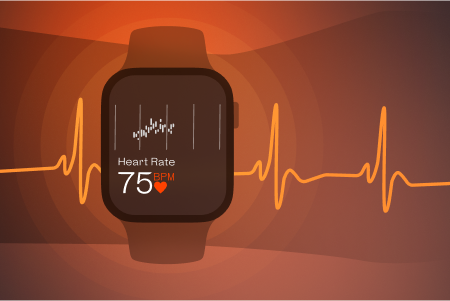
Measuring Resting Heart Rate
From manual pulse counts to the latest in app technology, dive into the transformative journey of heart rate monitoring
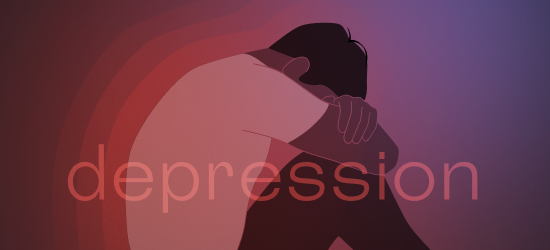
Everyone feels down from time to time. But if you experience persistent feelings of despair, hopelessness, sadness, emptiness, or apathy, you might have depression.
Depression is a chronic mental health condition that can affect your emotional well-being, quality of life, and ability to function. More than a low mood, depression can cause a myriad of psychological and physical symptoms, which can differ significantly from one person to another. While some people feel intensely sad and hopeless, others feel nothing. Some people, particularly those assigned male at birth, feel angry and highly irritable.
Because it’s so varied and multifaceted, depression can be difficult to spot. But intervention is essential. There are many approaches to treating depression, and you’ll need to talk to a medical professional to find the best course of treatment for you, but knowing the early signs can help you address it before it becomes overwhelming.
Though depression shows up differently for different people, there are some common symptoms of depression. The list below isn’t comprehensive, but if you have some or all of them, consider talking to your doctor or a licensed mental health professional.
Guilt: Do you feel responsible for everything that goes wrong in your life, or even others’? Feeling like a burden or as though everything is your fault can indicate depression.
Irritability and frustration: You can’t pour from an empty cup. Depression can drain your emotional reserves, leaving you cranky, irritable, impatient, or frustrated. You might be quick to argue or feel annoyed by little things. Mood swings, or quickly fluctuating from high to low moods, are also common with depression.
Indecisiveness: Depression and anxiety can make it challenging to make decisions big and small. This indecisiveness can result from external or internal fears, such as worrying the wrong choice will create a hardship for someone else or that you’ll later regret your decision.
Difficulty concentrating: Problems with concentration can signal anxiety or depression. This is particularly true if you have trouble focusing on anything outside your negative thoughts or if you’re transfixed on the past, anticipated future challenges, or unsolvable problems.
Sleep problems and fatigue: You might consistently have trouble getting to or staying asleep or feel tired during the day. Conversely, you might sleep much more than usual and find it difficult to get out of bed.
Loss or change of appetite: Some people with depression don’t feel like eating at all, while others overeat. Depression is common among people with eating disorders as well.
Significant weight gain/loss: Depression doesn’t cause a person to lose or gain weight, but symptoms such as changes in appetite and activity levels can affect your body composition.
Frequent sickness/feeling run-down: People with depression and anxiety often experience high amounts of stress, which can impair the immune system, especially when combined with other factors like sleeplessness, lack of exercise, and poor diet. This can increase your risk of getting sicknesses like the cold or flu. Depression is also associated with a higher risk of certain diseases, such as diabetes and hypertension.
Stomach issues: Sometimes described as a “churning gut,” depression and anxiety can cause an upset stomach and other gastrointestinal problems, including constipation, stomach cramps, and frequent urination. Some people with depression also have irritable bowel syndrome (IBS) or overactive bladder.
Headaches and pains: Depression can cause headaches and muscle pains throughout the body and alter pain perception. Chronic pain and depression frequently co-occur.
Reduce stress: Stress can wreak havoc on the brain and body and increase your susceptibility to depression and anxiety. Although some stress is unavoidable, you can manage stress using techniques like meditation, yoga, breathing exercises, physical exercise, journaling, and discussing your problems with a friend, support group, or counselor.
Eat a healthy diet: Research indicates a strong link between diet and mental health. Eating more of certain foods and less of others may help keep depression at bay. For example, high-sugar and highly processed foods can be detrimental to mental health. In contrast, fresh fruits and vegetables, foods high in omega-3s and B vitamins, and fermented foods can be beneficial.
Exercise regularly: Being physically active is one of the best things you can do for your brain and body. Exercise provides many benefits, including improving sleep, reducing stress, and promoting the release of feel-good chemicals in the brain. Any kind of exercise will do, whether it’s yoga, cycling, swimming, or weightlifting—the key is to find something you enjoy and do it regularly.
Seek help: Whether you’re already exhibiting some of the first signs of depression or want to prevent mental health issues from occurring, seeking help from a doctor or licensed counselor is always a good idea. If you have depression or anxiety symptoms, a professional can support you with diagnosis and treatment. And if you’re well, they can provide suggestions and tools to optimize and preserve your well-being.
The first signs of depression aren’t always obvious, even to the person experiencing them. But small, incremental changes in your behavior, mood, and physical state can quickly compound. Tracking your mood and health metrics like heart rate variability, sleep quality, energy, and stress levels can help you detect when something is off. These data and the detailed insights Welltory provides can also help you determine what factors, like diet, exercise routines, and bedtime habits, are working for or against you.
Take measurements in the morning and evenings and go to My Data to track changes over time. You’ll be able to see if you’re experiencing a consistent dip in energy or higher stress levels so you can assess any changes you want to make to keep you happy and healthy.
Welltory Team, 26 Jan. 2023

From manual pulse counts to the latest in app technology, dive into the transformative journey of heart rate monitoring
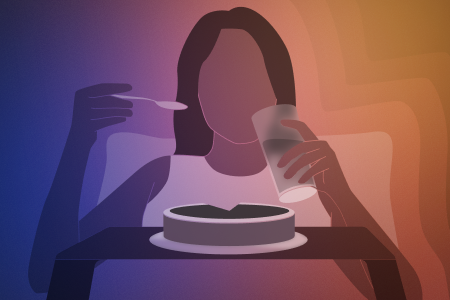
Discover the intricate relationship between late-night eating and its impact on sleep duration and quality
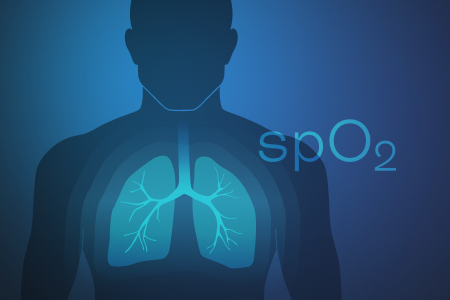
From boosting cognitive function to enhancing physical performance, discover the impact of blood oxygen levels on various aspects of health

The relationship between stress and productivity and how Welltory can help you plan better
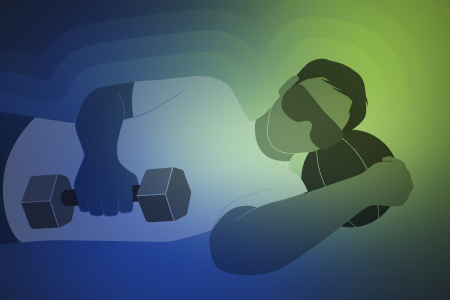
Does sleeping burn any calories, should you exercise right before bed and how much do you need to sleep to burn a 1000 Cal
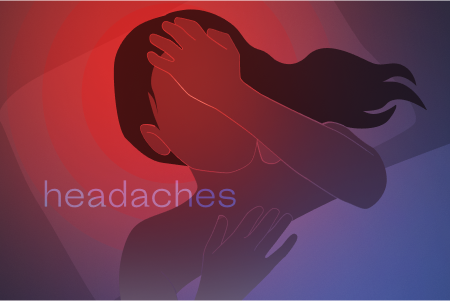
All you needed to know about headaches at night – types of nighttime headaches, their causes, possible treatment and how to avoid them.
 App Store
App Store
 Google Play
Google Play
 Huawei AppGallery
Huawei AppGallery
 Galaxy Store
Galaxy Store







